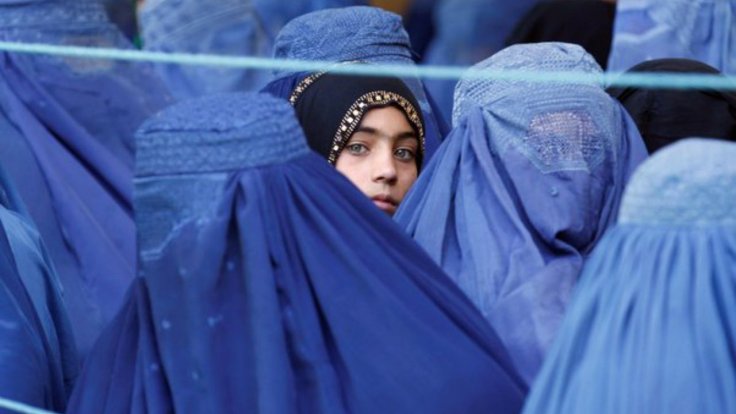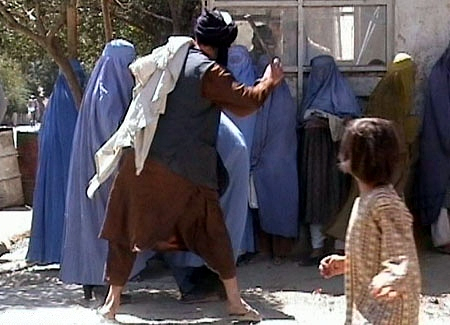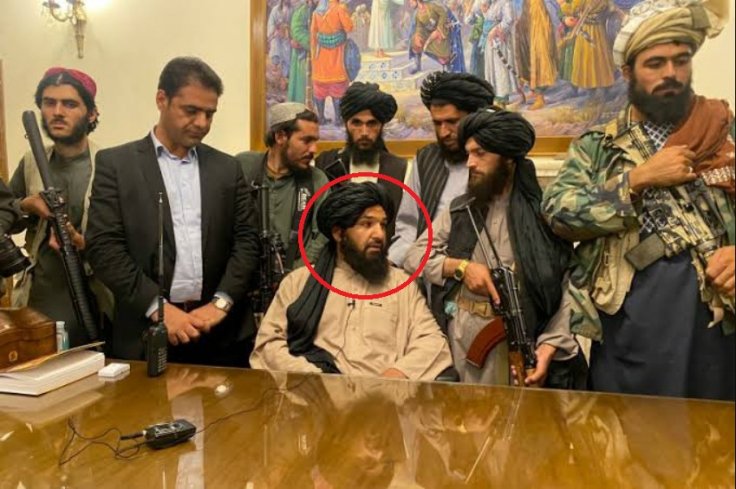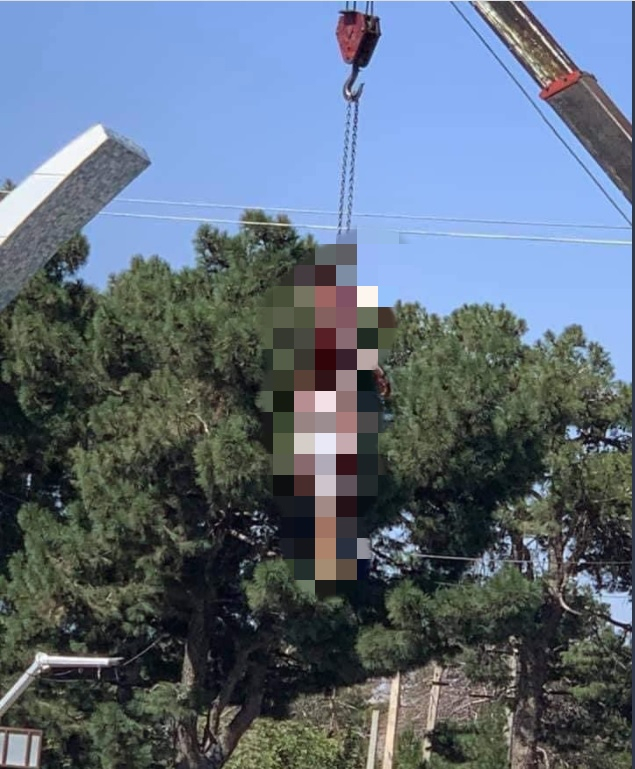Afghanistan's supreme leader has ordered judges in the country to fully impose Islamic sharia law that includes stonings, flogging, and public executions, according to reports. Taliban spokesman Zabihullah Mujahid posted a message from Supreme Leader Hibatullah Akhundzada ordering the "obligatory" order on Twitter on Sunday.
Mujahid said that the law will be enforced with immediate effect and the decision was taken after Akhundzada and a group of selective leaders met with a group of judges earlier on Sunday. Akhundzada, who has not been seen on camera or in public since August last year, when the Taliban retook power, rules by decree from Kandahar, the birthplace and spiritual heartland of the movement.
Terror Returns to Afghanistan

The decision to enforce Islamic sharia law once again raises the question of how safe is Afghanistan for its citizens. Taliban has promised a gentler version of the harsh rule that characterized the government's first term in office, from 1996 to 2001, but rights and freedoms have been gradually clamped down.
The law is back again, which means judges are now likely to give stricter punishments for the smallest of crimes like stealing and burglary. This includes stonings, flogging, amputation of limbs and even public executions.

"Carefully examine the files of thieves, kidnappers and seditionists," Mujahid quoted Akhundzada as saying. Those files in which all the sharia [Islamic law] conditions of hudud and qisas have been fulfilled, you are obliged to implement. This is the ruling of sharia, and my command, which is obligatory."
Hudud crimes include drinking alcohol, stealing, kidnapping and highway robbery, apostasy, and rebellion. They also include adultery and falsely accusing someone of it. Among other things, qisas include murder and intentional harm, but it also permits the families of victims to receive compensation in lieu of punishment.

According to Islamic scholars, offenses that result in hudud punishment demand a very high degree of proof, such as confession in the instance of adultery or witnessing the crime by four adult Muslim men.
Eye For an Eye
Akhundzada's orders come a year after the Taliban reverted to its old tactics of publicly beheading individuals, publishing films to social media, or parading the remains of kidnappers who, according to commanders, were killed in shootouts.

Over the past year, and even more recently, recordings and images of Taliban militants giving people guilty of various offenses hasty floggings have been all over social media. The bodies of kidnappers they said were killed in shootouts have also been publicly displayed by the Taliban on several occasions.
There have also been rumors of adulterers being publicly flogged in rural regions after Friday prayers, although it is difficult to obtain independent verification.
According to legal and political analyst Rahima Popalzai, by imposing the strict sharia law, the Taliban may be attempting to stiffen their reputation, which they feel may has weakened since regaining power.

'If they really start to implement hudud and qisas, they will be aiming to create the fear society has gradually lost,' she told AFP. She continued by saying that the Taliban also wished to enhance their Islamic credentials.
According to the Guardian, the country's women's rights have deteriorated since the takeover, with many losing their government positions and being required to wear a burqa or a hijab while they are out of the house.
The Taliban also forbade women from visiting parks, fairs, gyms, and public bathhouses in the past week.









